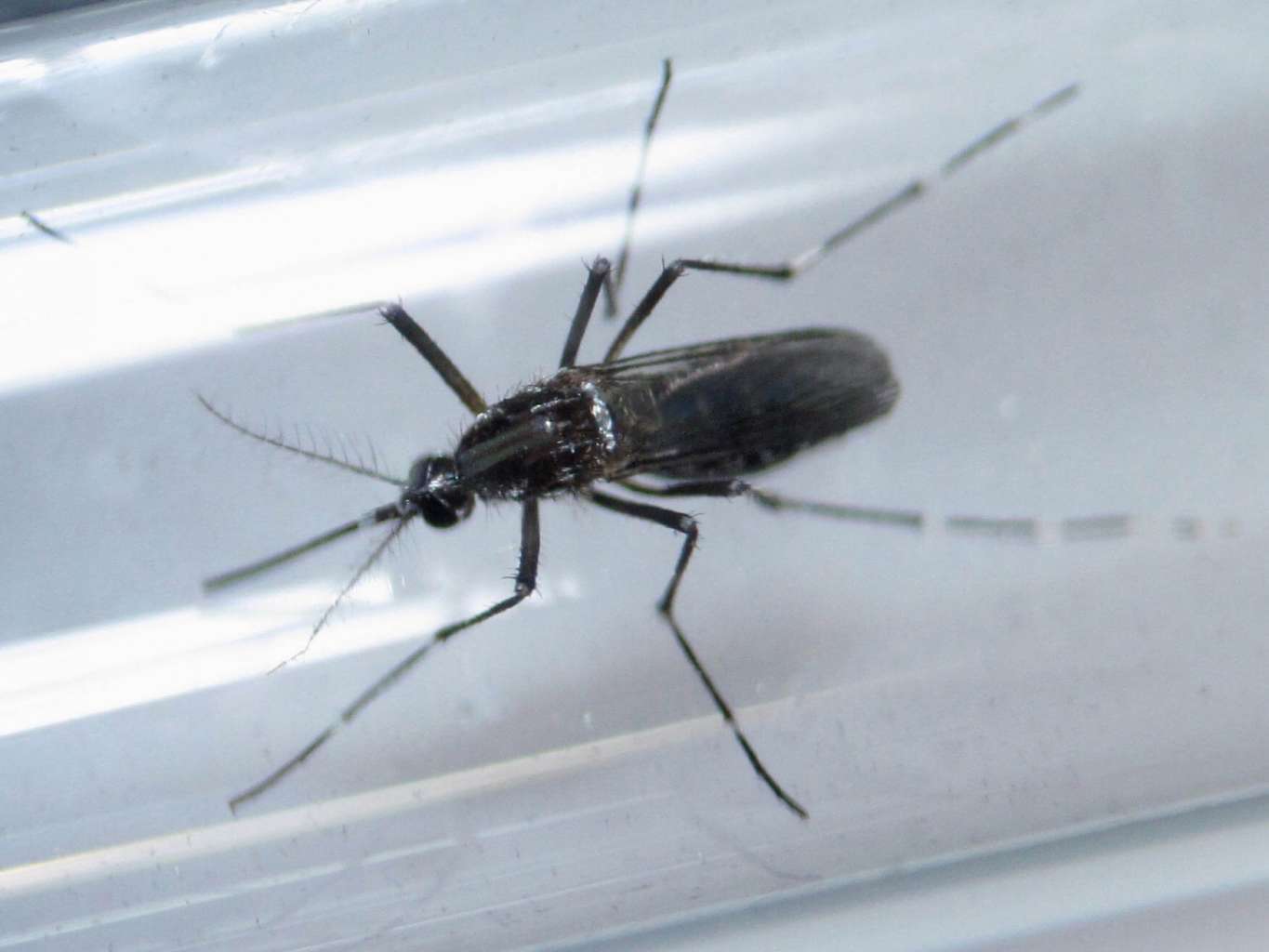Rise in Zika cases
Impact of Zika virus on unborn babies
Sign up now: Get ST's newsletters delivered to your inbox

An Aedes aegypti mosquito is seen inside a test tube as part of a research on preventing the spread of the Zika virus and other mosquito-borne diseases at a control and prevention center in Guadalupe, neighbouring Monterrey, Mexico, on March 8.
PHOTO: REUTERS
Follow topic:
Q: Who is at greatest risk?
A: Unborn babies are the most at risk should their mothers become infected with the Zika virus.
Between 1 per cent and 10 per cent of women infected during pregnancy give birth to babies with defects. The most common defect is microcephaly, where the baby is born with a much smaller head, sloping forehead and damaged brain.
Q: Is the baby at risk throughout the pregnancy?
A: Associate Professor Arijit Biswas, head of obstetrics and gynaecology at the National University Hospital, said the risk is highest during the first trimester and the early part of the second trimester of pregnancy.
Though the risk is lower in the third trimester, the virus could still cause fatal outcomes such as stillbirth.
Q: If a pregnant woman has Zika, what can be done to prevent its effects on the baby?
A: Dr Derrick Heng, group director for public health at the Health Ministry, said: "Once the mother is infected, there is nothing much we can do to prevent the effect on the baby."
However, more than nine in 10 pregnant women infected with Zika will deliver normal babies.
Q: What can pregnant women do to protect their babies?
A: They need to take stringent precautions against becoming infected. This includes preventing themselves from getting bitten by mosquitoes, by wearing long-sleeve tops and slacks, and using mosquito repellents.
Another precaution is to ensure that women have only protected sex during pregnancy, since the virus can also be passed through bodily fluids.
Four in five people who become infected with Zika do not show any symptoms but could be infectious, so the fact that the husband is not sick is no guarantee that he does not have the virus.
Q: What can a pregnant woman do if she has Zika?
A: Her doctor will monitor the development of the baby. If it is confirmed to have a major defect, and it is within 24 weeks of conception, abortion is a choice.
Q: What are the symptoms?
A: Symptoms of Zika include a fever, an itchy rash, body aches, headache, red eyes and, occasionally, nausea and vomiting.

